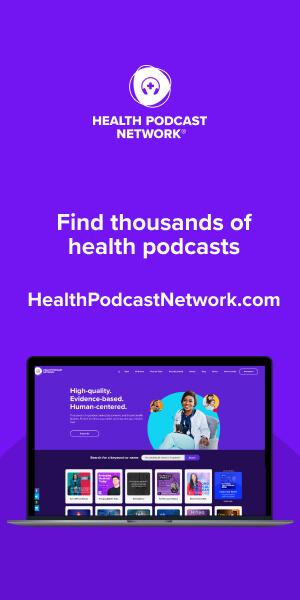Healthcare is deeply personal. We all know that. And projects and ventures that arise from personal experience are often accompanied by great passion, which can be wonderful. However, that intimate relationship with the healthcare system can produce some blind spots.
Unfortunately, I have witnessed first-hand how personal experience with the healthcare system has clouded some of my clients’ judgment and led to costly, if not catastrophic business decisions. I can’t even count the number of times digital health founders have described their venture to me in this manner:
“I had a family member who had [fill in the blank] health issue…So I knew this was a problem and I had to find a solution. I hired some developers and we put together a Minimum Viable Product and with your help, we can get a pilot going in the next 3 months.”
This usually leads me to ask a series of questions:
• Have you talked to other prospective customers?
• Did they validate that they had the same experiences and problems that you observed/experienced?
• Have you examined the market to make sure no one else is already doing this and/or are you aware of other companies who may have tried and failed?
• I assume you have strong pre-existing relationships with your prospective pilot partners?
Shockingly, too many times, the answer to all four of these questions has been NO. And that is a huge red flag to me. Any founder that starts a business based solely on their own experience with one part of the healthcare system is taking on an inordinate amount of risk, far more than one should ever incur in any start-up venture.
While it’s great to be familiar and passionate about your solution, it’s even more important to do your due diligence. This includes the key activities of customer discovery and product/market fit.
Customer Discovery
Customer discovery is the process of identifying the customer that you are building a solution for. To do this effectively, you need to have a deep understanding of the problems this customer has and build your solution around solving their problems, not yours. You shouldn’t go out and build a solution and then look for a customer with a problem to sell it to.
During this phase, you should get to know your customers well enough to be able to develop detailed personas for each customer segment. These personas can have names and should include illustrative details that describe what they think, see, feel and do.
You can take the personas one step further and develop customer journey maps that illustrate a customer’s interaction from beginning to end for a certain experience. For example, a 65-year old with Type 2 diabetes may have a very different journey than a 15-year old recently diagnosed with Type 1 diabetes. Each of these customers require their own personas; understanding their unique journeys will help you create messaging, a solution and an experience that really resonates with each of them.
Your own experience with the healthcare system should still be an input in this customer discovery period, but it should not bias what you learn. If you don’t approach customer discovery with an open mind, ready to listen, then it is a wasted exercise. This exercise may validate your personal experience, but it may reveal that your experience is representative of just one of many customer segments. As a result, you need to understand which segments have the most pressing problems you can solve and how to prioritize the value you bring to the market.
Product/Market Fit Assessment
Another critical part of taking your experience with the healthcare system one step further is to learn about the broader market. In addition to considering your own experience, you need to understand how different stakeholders in the healthcare system work together and the interdependencies that cause decisions and actions to result a certain way.
I also recommend doing a market scan of your top 10-15 competitors in the space, so you understand exactly what they are offering, their business model, their footprint in the market, etc. This knowledge will help you identify any gaps in the market with existing offerings and help you craft a value proposition that is differentiated from the competitors.
Your personal experience with the healthcare system can undoubtedly be an asset when developing a digital health solution. But the individual lens through which we view something as personal as healthcare can quickly become a liability if it clouds our ability to execute an objective customer discovery process and product/market fit assessment.





